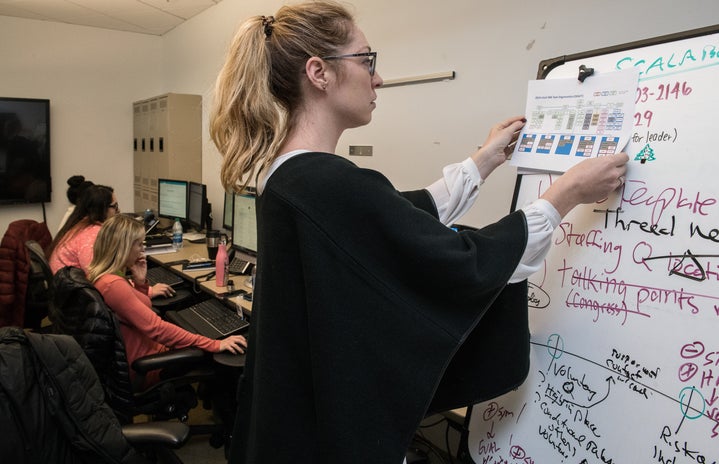Yesterday, while I was driving home from my last class of the day, I glanced over at the sidewalk. I saw a couple of students, but one figure stood out to me: a short woman with her dark hair tied back into a low ponytail. She reminded me of someone from high school and I could have sworn she waved at me in my car as I bore holes into her silhouette but my eyesight can only carry me so far. Then my attention fell to the man beside her- her opposite. A tall, broad-shouldered man who looked as though he could carry three children at once. Then it clicked! It was my high school history and civics teacher going on a walk with her husband who had judged our start-up company project!
Ever since I entered college, everybody had asked me what I wanted to do, and every time I answered them, they would always remind me that I’d end up poor with what I wanted to do!
“You don’t make a lot with academia, you know?”
“I’ll make a lot once I gain the recognition. I’m going to make more than them in the long run.”
“Your cousins work in industry and they’re making good money right now. Why don’t you follow them?”
All of these questions never wavered my sights on academia, but it sure has made me acutely aware of its disadvantages. All I ever hear are the negatives from those around me. But, with something my professor said recently coupled with the encounter with my old teacher, I was reminded of just exactly why I am pursuing a profession in academia. I feel as though I’ve been going through the motions and working toward a goal with no clear passion, but it was reignited.
Let’s call her Ms. T. She wrote me one of my letters of recommendation for college applications and interviewed me to get a better understanding of what to write about. She has a passion for teaching. I remember multiple times when students would ask her why she became a teacher or how could she have so quickly graded all of our papers within a single weekend with detailed feedback. All she could say was that she “liked grading” and wanted to see how students wrote to express their ideas. I think her saying those things in both my interview and offhandedly in class changed my brain chemistry. I never thought I could be a teacher, but the more I thought about grading and psychologically evaluating students through their work the more interesting it was to me.
Recently, one of my professors answered my question of why she would teach at the undergraduate level. I was under the impression that those who wanted to do research and enjoyed learning for the sake of learning would have much preferred to teach at a higher level – graduate school. However, she told me about the specificity and odd class structure found in graduate schools that she did not enjoy. She wanted to connect concepts and ideas and she could only really do that in undergraduate courses.
I didn’t go into this field because of money – as most of the criticisms have mentioned. But, I have realized that teaching is rewarding; I like grading and interacting with students. As a peer mentor myself with some private tutoring experience, I like the interactions between me and the students. So, with those things in mind, I think academia is the path for me regardless of whether or not I choose to pursue a teaching fellowship or a postdoc full-time research position.


